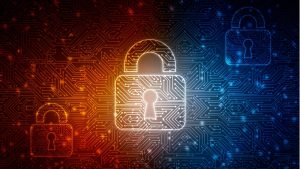The COVID-19 pandemic has forced children to pack their backpacks and learn remotely, but a lack of technology resources and live contact with teachers has put low-income K-12 students behind their higher-income peers.
MeriTalk recently connected with Rob Forbes, Okta’s senior cloud architect, to explore the potential impact of improved campus IT infrastructure modernization for higher education institutions.
The city of Pittsburg in Kansas announced that it is partnering with Pittsburg Community Schools to develop a new high-speed broadband network to close the digital divide for K-12 students.
Mid-Plains Community College (MPCC) in Nebraska will implement new virtual reality (VR) and augmented reality (AR) technology in its classrooms.
The University of Phoenix is looking to combat the nationwide teacher shortage – while still maintaining safety protocols during the COVID-19 pandemic – by taking student teaching virtual.
According to an annual report, colleges and universities have seen an increase in dollars raised online in the year 2020, despite the COVID-19 pandemic causing economic uncertainty.
The Cybersecurity and Infrastructure Security Agency (CISA) and CYBER.ORG have partnered on a series of cyber safety videos targeted at K-12 students and teachers.
In recognition of the COVID-19 pandemic’s impact on education, Michigan Gov. Gretchen Whitmer has established the Student Recovery Advisory Council of Michigan.
Ohio State University has updated its COVID-19 dashboard to improve the user experience while also offering a complete picture of cases and positivity rates dating back to the beginning of the university’s testing program.
Pasadena City College (PCC) has earned two statewide technology awards for the work of its IT administrators during the COVID-19 pandemic.












